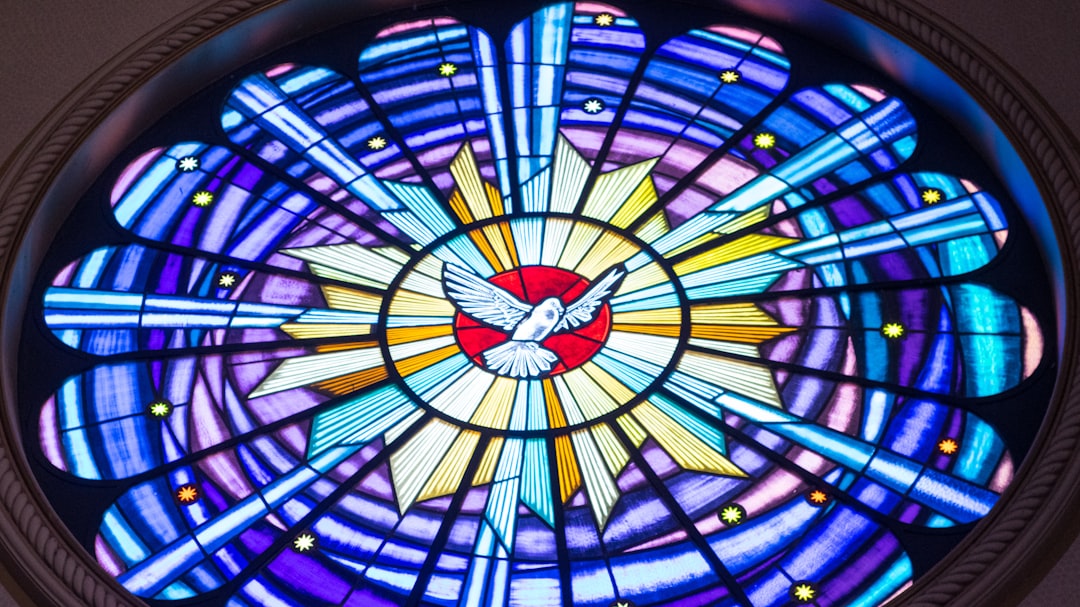Featured Image
Why is it important?
Reclaims a powerful shared resource in the Jewish and Christian biblical and mystical traditions for affirming God's presence in the midst of apparent God-forsakenness, and thus for generating hope. Highlights Thomas Merton's overlooked contributions to contemporary theological discourse as well as his reception into Western theology of the Wisdom-Sophia tradition.
Perspectives
The authors in play here (Merton, Hillesum, Raphael) highlight the potential fruits of bringing narrative, poetical, mystical, and apophatic modes of discourse into theological reflection. Both Merton and Raphael, in particular, have been underappreciated in Catholic approaches to the feminine divine and to post-Holocaust theology. Their insights rise from a deeply contemplative attunement to concrete reality, to the silences and notes of mercy and compassion hidden in the interstitial spaces of human experience.
Dr Christopher Pramuk
Xavier University
Read the Original
This page is a summary of: Theodicy and the Feminine Divine: Thomas Merton’s “Hagia Sophia” in Dialogue with Western Theology, Theological Studies, February 2016, SAGE Publications,
DOI: 10.1177/0040563915619983.
You can read the full text:
Resources
Contributors
The following have contributed to this page










